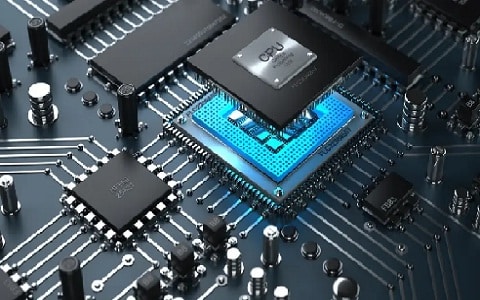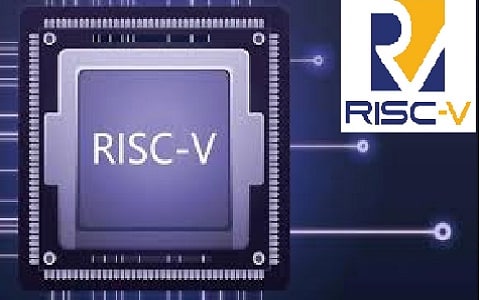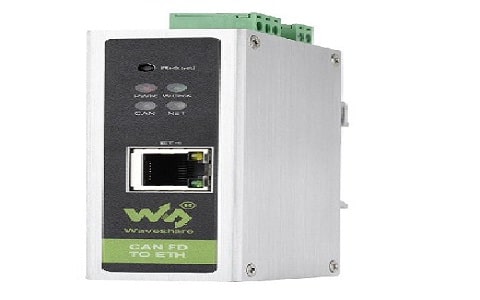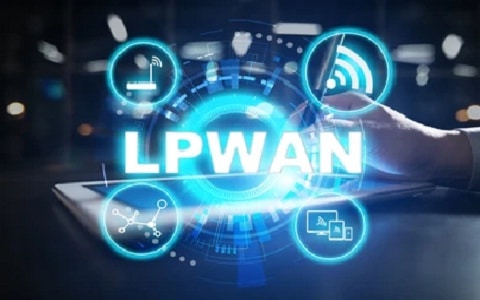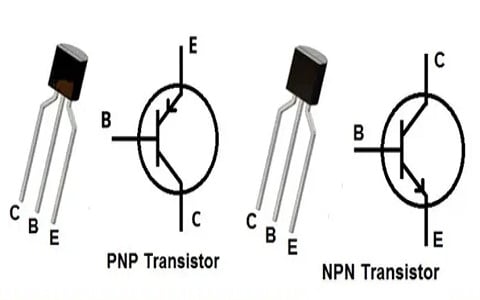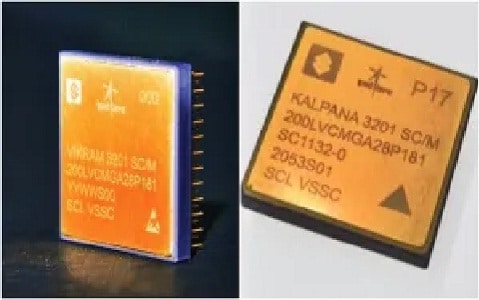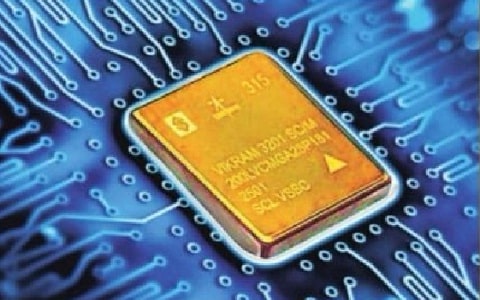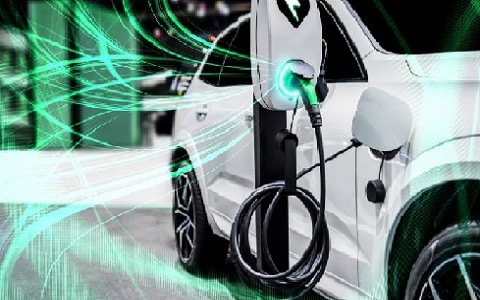Integrated circuits (ICs) power everything around us — smartphones, laptops, electric vehicles, satellites, and even medical equipment. But how does a digital circuit become a real silicon chip? This transformation happens during Physical Design (PD) in VLSI. Physical Design (PD) is the process of transforming a synthesized gate-level netlist into a manufacturable IC layout that meets performance, power, and area requirements while obeying foundry design rules. The output of physical design is t … [Read more...]
RISC-V Architecture : A Complete and Practical Explanation
RISC-V (pronounced “risk-five”) is a modern Reduced Instruction Set Computer (RISC) architecture that has emerged as one of the most important developments in computer architecture in recent decades. Unlike traditional instruction set architectures such as x86 or ARM, RISC-V is open, royalty-free, and extensible, allowing anyone to design processors, experiment with new ideas, or build commercial products without licensing restrictions. Originally developed at the University of California, Ber … [Read more...]
CAN FD Protocol : Specifications, Architecture, Working, Vs CAN & Its Applications
Communication protocols are a set of rules for ECUs that define how electronic control units exchange data with common protocols like CAN, Ethernet, LIN, and FlexRay. These communication protocols can normalize message formats, error detection, data rates, and timing. Thus, ensures efficient and consistent communication between devices within complex systems like industrial equipment and vehicles. Similarly, CAN FD is an enhanced communication protocol for ECUs that provides larger data payloads … [Read more...]
LPWAN (Low Power Wide Area Network)Technologies – Characteristics, vs Sigfox, LTE-M, NB-IoT, Advantages, Architecture
In the world of the Internet of Things (IoT), billions of small devices — like sensors, meters, and trackers — are constantly collecting and sharing data. However, most of these devices are designed to operate in remote or hard-to-reach locations and often run on small batteries for years. Traditional wireless networks, such as Wi-Fi or Bluetooth, are not ideal for these kinds of applications because they consume more power and have limited coverage. To solve this challenge, engineers developed a … [Read more...]
Integration of AI in Electronics : Applications, Benefits, and Challenges
Today, the integration of Artificial Intelligence (AI) in electronics is reshaping how devices interact with humans and their surroundings. From smartphones that recognize faces and voices to smart home systems that learn user behavior, AI is transforming electronic devices into intelligent companions that adapt, predict, and respond to user needs. The convergence of AI and electronics is driving innovation across industries — from consumer gadgets and manufacturing automation to healthcare, a … [Read more...]
Transistor – The Ultimate Guide to Basics , Types, Working, Circuits and Applications
The transistor is the most important invention in modern electronics. From amplifying signals in radios to powering microprocessors in computers, transistors form the foundation of every electronic device. In this complete guide, you’ll learn transistor basics, which include the following concepts : What a Transistor is and How it Works? Different types of transistors (NPN, PNP, etc.) Key parameters and specifications How to use transistors in amplifier, switching, and oscillator … [Read more...]
Inside the Design Philosophy Behind Vikram-32 : How India Engineered Its Own Space Processor Title
India’s journey into indigenous space-grade microprocessors reached a milestone with the development of the Vikram-32 processor (Vikram 3201). Designed by the Vikram Sarabhai Space Center (VSSC) in collaboration with the Semiconductor Laboratory (SCL), Chandigarh, Vikram-32 marks a major step towards self-reliance in space technology. Unlike commercial CPUs, space processors must withstand harsh environmental conditions, including extreme temperatures, radiation, and mechanical stress during l … [Read more...]
Vikram 32 : India’s Indigenous 32-Bit Microprocessor for Space and Beyond
In a significant stride towards technological self-reliance, India has unveiled its first fully indigenous 32-bit microprocessor, the Vikram 3201. Developed by the Indian Space Research Organization (ISRO) and its Semiconductor Laboratory (SCL) in Chandigarh, this processor is tailored for the demanding environments of space missions, launch vehicles, and other high-reliability applications. Table of Contents 1. Introduction 2. Development and Fabrication 3. Architectural Overview 4. Key … [Read more...]
LM7824 IC : PinOut, Features, Specifications, Circuit, Working, Datasheet & Its Applications
Generally, voltage regulators are used frequently in electronic circuits to provide a stable output voltage for different input voltages. The series of fixed-voltage regulator ICs are designed mainly for a broad range of applications like on-card regulation for the noise & distribution elimination problems linked with single-point regulation. Similarly, LM7824 IC is a voltage regulator where the 7824 term in this IC indicates two meanings where 78 means that it is a +ve voltage regulator … [Read more...]
How Quantum Sensors Differ from LiDAR and RADAR in Autonomous Vehicles
Autonomous vehicles (AVs) rely on advanced sensing technologies to perceive their surroundings and make real-time decisions. For years, LiDAR (Light Detection and Ranging) and RADAR (Radio Detection and Ranging) have been the go-to technologies for object detection, navigation, and collision avoidance. However, as the demand for higher accuracy and all-weather reliability grows, QuantumSensors are emerging as a game-changing technology in autonomous driving systems. These sensors leverage the … [Read more...]
- 1
- 2
- 3
- …
- 25
- Next Page »
